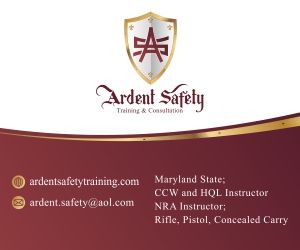- Feb 4, 2013
- 28,175
You mean to tell me it's the Indian and not the arrow?!?!?!? That taking all those dollars and all that time invested in reloading tools and dies and presses on the bench could have been better spent on the range actually shooting!?!?!?!?!?!
I'm being sarcastic because of course that's true. Confidence and the ability to adjust to the environmental conditions has a far more profound effect on your accuracy and precision, and it's hard to short cut what it takes to get experience.
Reloading is itself it's own hobby...each reloader needs to determine for themselves what their goals are and what they're trying to get out of it. I like the tinkering of reloading, even if in reality it doesn't really make me that much of a better shooter or save me that much money.
Due to participation in several competition venues, I got looking into it.
And the rule of thumb is, it is 90% person and 10% equipment.
But most people spent 90% of their time, money, and effort on equipment, and only 10% on themselves.
I really saw this when I was shooing USPSA. I did a 3 day course with Ron Avery, and that alone took me from a mid-pack C shooter to a winning B shooter.
And people noticed and asked. So I told them. They would ask how much the course was, and I told them ($450 for the course, plus ammo, this was in the 90s). And they would say, oh, that is expensive. But then to proceed to show and tell me about the latest gadget they bought to shoot better.



